You only get to community through trust, and you only get to trust through integrity. This picture speaks to me on so many levels, and not just because I am a MKE Bucks fan.
There is the obvious:
I also realize there are 17,000 fans in the arena and 25,000 fans outside in the Deer District, and millions of fans across the world cheering for their team each time a basket is scored. If you are a fan, the price tag of the player or the arena is meaningless. If you are a fan, its about projecting your desires and spirit into the success of the team. It is about “your” team representing you or “your” city. It’s about community. I admit that I am a sports fan, especially football, basketball and hockey. I don’t know if that is very Quakerly or not, but I’ve watched the best part of sports bring out the best part of people; both players and fans. For our two youngest children, sports was a big part of their growing up, and in their personal and emotional development. I used to tease that our youngest daughter never saw a sport that she didn’t like. She played soccer, baseball, fast pitch softball, volleyball, basketball (which was her first love) and she ran cross-country track. She grew up in a neighborhood of all boys, so if she wanted to play – she had to come ready to play hard and to play her best. I coached her soccer team which was co-ed. In our final season, we were 7-1 wins over losses. And we got there because we had a “secret weapon” which was a core of four girls who all had older brothers. These four girls learned – from competing with their brothers – how to give as good as they got; how to not back down; how to give your personal best each and every game. When done right, sports is about building community: the community of the team and the support of the geographic region which the team represents. But perhaps even more importantly, sports is about becoming the best person one can possibly be. That’s how I justify being a Quaker who is a sports fan. From my perspective as a fan, as a coach, and as a competitor, sports is about community, and trust, and integrity. If each player’s goal is to reach his/her personal best and to give that best each and every time they step into the arena, then they will win the trust of their fellow team mates and they will contribute to a strong sense of team or of community. You only get to community through trust, and you only get to trust through integrity. That’s what I see in this picture: Community, trust, and integrity. Go Bucks!
0 Comments
Is it enough to simply say: Now that I have finally, fully, firmly retired – I want to change my website. The current website, mikesoika.com, was designed to support my consulting business. But now that I am no longer seeking work, it seems appropriate to make changes.
But the act of mulling over website changes fostered unexpected spiritual questions. My initial instinct was to define my new website by the roles I play: husband, father, grandfather, brother, sailor, friend, Quaker and so on. But in thinking about these roles, I realized that they are all variations of saying: me….me….me. It seemed both egotistical and spiritually counterproductive. Is it enough to simply say: I am a child of God? Or, that I am a spiritual seeker? Or, that I am an agent of God on earth? How do I define “me” without acknowledging the light of God – or “that of God” as the eternal core of my being? Catholic Monk, Thomas Keating taught that “Our basic core of goodness is our true self. Our center of gravity is God……God and our true Self are not separate. Though we are not God, God and our true Self are the same thing.” I am comfortable living with the paradox of knowing that the light of God emanates from me; that I am a unique expression of God, but that I am not the Divine. The best illustration of this – from my perspective – is the Gerard Manley Hopkins poem, As Kingfishers Catch Fire in which the author writes “Each mortal thing does one thing and the same….what I do is me: for that I came.” The struggle for me is a common one: how to get out of the way and simply allow the light of the Spirit to shine through. Much easier said than done. For me, the greatest unknown is how active God is in the world. I used to find comfort in the idea that there was a reason for everything that happens in the cosmos and that the Spirit was somehow making things all come together according to a divine plan. And a corollary to this belief was the concept that all I had to do was pray – earnestly – and God would provide an answer to my desires and quell my fears. It is difficult to describe the existential fear that consumed me when I let go of these comforting concepts about the divine as a supreme being who is active in our individual lives and in the world and who is constantly making things happen according to plan. I used to believe that God was like a lifeguard, who if you got into trouble and prayed for help, divine assistance would appear. What I now believe is that God’s work in the world only happens through us; that we are all being called upon – constantly – to hear the word of the Divine and to act on it. Unfortunately, many people don’t take the necessary time to listen deeply to the voice within, and thus – evil, neglect, greed, and hate are a very real presence among us. It is not that God is impotent, but rather, the Divine is eternally patient and willing to whisper into the ear of many in order to find the few who will hear that still small voice and bring it forth into the world. I strive to listen for the voice of God, and pray that I will be humble enough and brave enough to act on it. Never Too Far From Shore A solitary seeker standing on shore, listening for the divine, dives in and swims with a strong, meditative stroke.
I have a friend who is a pastor of a local suburban church and who operates a street ministry in Milwaukee. This pastor, along with his staff and volunteers routinely sweep through the streets of the city looking for people they can help; people who are hungry, who are homeless, who are alcohol and/or drug addicted, who are mentally ill. They seek out the kind of people most of us try to avoid or ignore. They provide food, clothing, referrals for services – whatever is helpful. But mostly, they provide a tangible love for those who haven’t felt loved for a very long time.
Here is an excerpt from a recent post from this pastor – about a fellow he has seen off and on for the past six or seven years. Every time I see him, I give him a hug. I find some words to encourage him, as does everyone else. We don’t try to change him. We do try to help him remember a time before drugs, before the all-consuming dope game. We make sure he has numbers for recovery resources, and that he has our numbers for when he’s ready. We put people around him who made it out, got clean, and are living joy-filled lives. But mostly we just love him. We have released him in love to the care of his higher power, and that allows us to love him without judgement or trying to control him. I can’t love like that, and for that long. Maybe I could hang with this addict for several months, perhaps even a year. But, seven years, while watching the same destructive and drug induced behaviors? I’m sure I would have turned my back by now. I’m sure I would have justified my actions by quoting the scripture about how one shouldn’t cast pearls before swine; that time and resources are too precious to spend on someone who clearly doesn’t want to change. I wonder, what would it take for me to get to that place where my pastor friend lives; to accept others as he does, to love others unconditionally; to be so faith filled that I can just do my work and trust that the Divine will take care of all the rest. I figure that this pastor can persist in this seven year relationship with a mostly off the wagon drug addict because he doesn’t own the outcome. He has no ego involved in the addict’s success. The pastor only owns the outreach and the sense that he can just simply love this person until either God or drugs, or death wins out. As the serendipity of the universe would have it, I was letting this article “rest” for a bit because it didn’t feel quite right. While doing so, I ran across a quote from author Anais Nin on one of my social media sites, which says: “ You can’t save people. You can only love them.” And so the message from my pastor friend and the message from the universe is pretty straight forward: get your ego out of the way and just embody the love of the Divine to those you meet. Ok, maybe not so easy. In fact, I feel pretty unworthy of becoming the love of God incarnate in the world. As I prayed on this challenge, a plan began to appear. The first step is to surrender myself to God’s loving embrace. I must accept that regardless of what I have done or what I have failed to do, I am the Divine’s beloved. If I can accept that I am loved with all my warts and failings, then it is easier to share that love with others, which leads to the second step: love without conditions. After all, who am I to judge who is worthy of love? Perhaps, my primary job is just to love. The third step is to just do it. Just begin loving people without conditions. Just accept that I am a failed human being who is loved and thus I can love others who are fellow failures. I wrote to my pastor friend and told him that I couldn’t do what he does, that I couldn’t love like he loves. In response he said, “I’m just doing penance, Mike. My boss does the work.” Maybe it is that simple. Maybe I just need to surrender myself to the care of my higher power and let God work the rest out.
During these especially troubling times, I have grappled with the question of whether or not God intervenes in the world. As I’ve written before, I don’t believe that the Spirit acts as a life guard who will swim out and save us when we have strayed too far from shore. Instead, I believe that our internal guide is there all along, counselling us to stop swimming and to turn around before it is too late. But, I must confess that there have been many times during the past couple of years where I wanted the Divine to just step in and make things better because the evil in the world seemed too overpowering.
Times when…
And so much more I know – intellectually – that at the very same time when I am crying out to the Divine to stop the evil from advancing in the world, that the Spirit is calling out to me, urging me to be the voice, the eyes, the hands the spirit of God, and to embody the love of others that God reserves for each of us. But often, I find it too hard to embody the love of the Spirit for others. All too often, I just want to give over to God the very actions that God is asking of me. Sometimes, the world seems too scary. Many times, the calling is daunting. Life would be so much easier if all I had to do was pray and then the Spirit would descend upon the world and all would be fresh and new and innocent again. Praying is so much easier to accomplish than doing. But alas, we are not here to simply offer up our prayers. We are here to offer up our beings in service to the call of the Divine. We are here to do. We are here to love. We are here to raise our voices on behalf of others. I know with all certainty that the Divine is calling upon each and every one of us to act. I know this because of the vast number of issues confronting us, each of which presents an opportunity to breath the love of God into the world. In these times of uncertainty and angst, perhaps we can be inspired by – ironically - the Cadet Prayer that is displayed at the West Point Chapel O God, our Father, Thou Searcher of Human hearts, help us to draw near to Thee in sincerity and truth. May our religion be filled with gladness and may our worship of Thee be natural. Strengthen and increase our admiration for honest dealing and clean thinking, and suffer not our hatred of hypocrisy and pretense ever to diminish. Encourage us in our endeavor to live above the common level of life. Make us to choose the harder right instead of the easier wrong, and never to be content with a half-truth when the whole can be won. Endow us with courage that is born of loyalty to all that is noble and worthy, that scorns to compromise with vice and injustice and knows no fear when truth and right are in jeopardy. Guard us against flippancy and irreverence in the sacred things of life. Grant us new ties of friendship and new opportunities of service. Kindle our hearts in fellowship with those of a cheerful countenance, and soften our hearts with sympathy for those who sorrow and suffer. This Cadet Prayer is – first and foremost – a prayer that asks God of only one thing: to give us the strength to serve. And, that must be enough.
The pace of change over these past few years has been both exhilarating and exhausting. Consider this:
Turmoil, chaos, petty politics, vitriol, hate, violence are in our face nearly every day. We had the investigation into Russia election interference, the #Me Too movement, children in cages at the border, and the president impeached. Just this year we are living through a worldwide pandemic with millions infected and hundreds of thousands dying. Our economy was shut down, the stock market plummeted, and 40 million are unemployed. Recently, we have witnessed weeks-long massive social justice protests in every state in the nation and in cities around the globe. In 2019, there were more mass shootings in the USA than there were days in the year Climate change is upon us. 2019 was the second warmest year on record, during which we saw massive wildfires rampage through Australia. People are seeking change, but change does not come easily. It will take a counter balancing force to offset the political power of those who want to see things remain just as they are. A few elected officials and the money behind them have stymied advancement on social issues that the majority of Americans broadly agree on, such as gun control, climate change, health care reform, education, affordable housing and a myriad number of other important social justice issues. Polls show that most Americans believe the protests are a positive sign. We are seeing a multi-racial and inter-generational mass of people in the streets who are loudly and collectively saying: enough, it is time for change and not just within police departments. It is time for America to realize that for capitalism to survive, it needs to be a system that works for the majority of people and not just the wealthy and powerful few. Yes, we need dramatic political change. But for that change to be lasting, we also need to see spiritual transformation, both individually and collectively. After all, it would be unfathomable for a spiritually awakened person to ignore wide-spread pollution that threatens the survival of the planet; to allow millions of assault weapons to be used to prey upon society; to tolerate an economic system that holds a class and a race of people down and uses the labor of the many to enrich the pockets of the few. So, how do we get there? How do we become a society that fosters individual and collective spiritual transformation? I start with one basic premise: all change is personal. Author Stephen Covey writes that “change is a door that only unlocks from within.” He was writing about self-improvement, but I believe the same principle holds true for spiritual and political change as well. We Quakers strive to become attuned to the internal voice that guides us and prods us to live out our values, which is espoused by the axiom “Let your life speak.” This is truly a transformative statement, urging us to align our actions with our spiritual beliefs. “Let your life speak” is not only transformative, it is also a statement of accountability. If we adhere to the idea that our values and our lifestyle should be aligned, then it becomes painfully clear when one or the other is out of balance. The ethic that we should let our life speak is one that is so clear, so true, so simple to understand that we would do well if we could make that the mantra of our life. A Dutch proverb states “He who is outside his door, already has the hard part of his journey behind him.” The protesters are letting their lives speak, and have taken that important first step of what will be a long and arduous journey. How will this movement be sustained? What value statement will carry us all through hard times? Here is some advice: Let your life speak. Everyday. If you want to end racial injustice, then let your life speak daily of inclusion. If you want to end violence, then let your life speak daily of peaceful encounters. If you want to foster justice, then let your life speak of collaboration and empowerment Spiritual transformation is an internal journey seeking a state of tranquility and grace. Letting our lives speak is how we walk with grace in the world.
I can’t deny that I am frightened for the future of our country. The President acts as if he is above the law, while his party members cower and watch muted as the Constitution becomes a meaningless piece of parchment. And at the same time, the Democrats seem in disarray, hoping to find a candidate who will heal our divisions.
I know I’m not alone in my fear, but the adage that “misery loves company” doesn’t seem to apply. The fact that so many of my friends have the same sense of angst provides no solace. In former times, I could find peace in prayer. I used to believe that the Divine had a plan for me, and for the unfolding of the universe. If the world got too scary, I could wrap myself in the warm blanket of God’s love with the faith that all would be fine because everything was destined for God’s greater good. My faith is as strong now as ever before. What has changed, is my belief about what God is and how the Spirit engages with the world. Growing up Catholic, I perceived God as Omniscient, Omnipresent, and Omnipotent: that God knew everything, was ever-present and was all powerful. That’s not what I believe anymore, and as a result the world has become a more unsettling place. I no longer imagine the Divine as a life guard who will save us if we venture too far astray. We are left pretty much on our own, but not in a – God doesn’t exist – kind of way. We are left on our own, because we are how the Spirit moves in the world. The Divine is our inward teacher who pulls, prods, whispers, and maybe even goads us into becoming agents of peace and justice. If we don’t act to bring about the kingdom of God, then it won’t come about. But, knowing that I must take my part in the unfolding of the kingdom doesn’t solve the problem of a country that is seemingly spinning toward chaos. Being an old community organizer, I know that people in power only act when confronted with a countervailing power. And, that lack of power on the part of everyday people is the primary reason why we don’t see urgency around important issues like climate change or gun control; two of many concerns that have significant support within the US population. And so, here is my dilemma: I can’t pray for change, because I’m the answer to my own prayers. I can write letters to my elected officials and support a protest here and there – but I don’t see how that changes the power dynamics and brings about the systemic change we need. I can certainly vote and work for candidates who align with my values, but at this juncture that seems like a crap shoot. So, what am I to do? Theodore Parker wrote a paper in 1853 from which he is credited for the famous quote: “The arc of the moral universe is long, but it bends towards justice.” That may well be true and provides some guidance. A few argue that we are now living in the most peaceful time known to our species. While democracy across the world is teetering, the long sweep of history demonstrates that humankind does indeed march toward a greater good. Said another way: if goodness and light rests within the soul of each person, then the call towards goodness is unending. I see that in our own Meeting for Worship. Often, I will feel a tug to stand and speak a message I hear from within. But out of timidity or caution I hold back, only to see another Friend stand and deliver the same message I was pondering. I have been shown – time and again – that the voice of God will not be stilled. If one person hears but does not act, another will both hear and act. I have now come to see that the voice of the Divine is an eternal call for peace and love. When we heed that call, we take but one step in the long march of history towards building the kingdom of God. Thus, all who are troubled, like me, can take solace knowing: That God at their fountains Far off hath been raining
One reason I began thinking about becoming a Quaker was because of the group’s reputation for action on social justice. It wasn’t until I became steeped in Quaker practice that I understood how our work for justice emanates directly from our dedication to contemplation. And, how the movement of the Spirit in our hearts leads us to become the heart and hands and voice of the Divine in the world. This Quaker sense of integrating contemplation and social action is the focus of a book and an article, reviewed below.
Richard Rohr is a Franciscan priest and a leader at the Center for Action and Contemplation. In his February 8, 2020 daily meditation (1) Rohr provides an observation about the outsized social justice impact that our relatively small group of Quakers has had over time. Rohr relates how “ (Quaker) actions—grounded in contemplation—have had a profound impact, helping to abolish slavery, promote gender equity, and reform prisons and other institutions. “ In this reflection, Rohr goes on to quote from a book by author, Stephan Schwartz (2) “How could this small group of people create movements that ultimately involve millions, tens of millions? This is a tiny group whose beingness is so powerful that enough people personally change their choices so that the desired change becomes society’s new norm. In studying the histories of these great social transformations, eight laws…begin to emerge. . . . Taken together, they reveal how individual choice linked in consensus becomes the strategy of beingness that creates change. Adherence to these Eight Laws is not the unique domain of Quakers, of course. But in their efforts, it can be clearly seen. “ Here are the laws: First Law. The individuals, individually, and the group, collectively, must share a common intention. Second Law. The individuals and the group may have goals, but they may not have cherished outcomes. Third Law. The individuals in the group must accept that their goals may not be reached in their lifetimes and be okay with this. Fourth Law. The individuals in the group must accept that they may not get either credit or acknowledgment for what they have done and be authentically okay with this. Fifth Law. Each person in the group, regardless of gender, religion, race, or culture, must enjoy fundamental equality, even as the various roles in the hierarchy of the effort are respected. Sixth Law. The individuals in the group must foreswear violence in word, act, or thought. Seventh Law. The individuals in the group and the group itself must make their private selves consistent with their public postures. Eighth Law. The individuals in the group and the group collectively must always act from the beingness of life-affirming integrity. I surmise that many of my Quaker Friends would bristle at the idea of following 8 laws to achieve social justice in society. We aren’t a people accustomed to adhering to rote disciplines. At the same time, every one of my Quaker Friends would embrace the idea that our inward journey and our outward actions must align, and that often, our leadings bring us to a place of change that is both welcomed and uncomfortable. Listening to the voice of the Divine in our hearts and walking with integrity in the world while working for social justice is something – quite frankly – we could use more of today. And so, my dear Friends, please let us continue to let our lives speak. (1) Richard Rohr’s Daily Meditation – From the Center for Action and Contemplation – Summary: Week Five – Alternate Orthodoxy, February 2 – February 8, 2020. Practice: Eight Laws of Change (2)Stephan A. Schwartz, The 8 Laws of Change: How to Be an Agent of Personal and Social Transformation (Inner Traditions/Bear & Company: 2015), 17-18.
I used to believe joy was an emotion that would wash over me in the same way that a rogue wave will wash over the rails of a sailboat in the middle of the lake on a blustery day. It can be fierce, unexpected, uncontrollable, and soak one to the core of your being.
I don’t believe that anymore about joy. I now believe that joy can be cultivated. I have come to understand that the amount of joy in my life is proportional to the amount of gratitude I express; to the amount of thanks I give. This does beg a question that has been swirling through my mind: can we find joy in the darkness we encounter. Whenever I find a theme running through the disparate readings that I do, I try to take some time to reflect on what it may mean; to see if the universe is telling me to pay attention. Finding joy in dark times is one of those themes I’ve been presented. Now, I’m not a person who believes that God places obstacles in our path to mold us. For example, I’m not talking about the Divine testing us to find joy in the diagnosis of Alzheimer’s disease in a loved one. At age 55, my father was diagnosed with early onset of Alzheimer and I can tell you that for the next ten years I couldn’t find any joy there. The overriding emotions I remember are ones of anger, sorrow, fear, and despair. During the time of my father’s illness, I tried to run away from it. I was living in a different part of the country and only saw my dad on my annual visits “back home.” My mother and sisters provided most of the care for him. And when it became too much, they sorrowfully placed him in a nursing home. I never visited him in the nursing home; understanding that he wouldn’t know me and that I would walk away angry and heartbroken. A couple of times – when talking about my dad - I would slip and say “he’s in a funeral home” when what I meant to say was that he was in a nursing home. My dad died more than 30 years ago. I wish I had leaned more into my sense of anger and despair over his illness instead of running away from it. I wish I had the introspection to understand that I was making my dad’s malady about how it affected me and how it robbed me of spending my adult years with the man I so dearly loved. I’m in a different place now. Thirty years later when my mother became senile in her late 90s, I could separate my sense of loss from who she became. It pained me to realize that she didn’t know who I was when I walked into her room – but I could still love her on her own terms. She may not have been able to recognize me, but she was certainly gracious and wanted to ensure that I was comfortable while “visiting” her. For her 100th birthday she celebrated each of the gifts she received, even though she didn’t recognize most of her loved ones who gave them to her. And when she got bored she would say “this is boring. Let’s sing” and she would lead us all into her favorite song: “You are my Sunshine”. My sister copied the lyrics of all my mom’s favorite songs so we would have a ready repertoire and be able to sing with her. We did this because we loved her. We did this because we were grateful for the love she showed throughout our lives. I found joy in my mother’s impatience and readiness to sing. I found joy in her graciousness and overriding sense of hospitality. Having abandoned my father in his illness, I learned that joy can be found by accepting the circumstances that are presented and in being grateful for what I have rather than angry over what I lost. And so today, I practice seeking joy by expressing my gratitude to the people and things I encounter daily. I am grateful for the sun on a cold winter day. I am grateful for the smell of the leaves when I rake them to the curb. I am grateful for my loved ones who remind me daily that life is about loving what is in front of you and not pining over what is missing.
David Brooks is a New York Times columnists who leans conservative, and whose insights into America are thoughtful and grounded in the sentiment that who we are as a country today is rooted in the sins and sanctity of our past.
I found one of his recent columns – What Makes Us All Radically Equal – to be an insightful look at what will sustain us as we tread down the road of racial reconciliation. In the article, Brooks recounts the saga of a white man who purchased an empty school in one of Detroit’s distressed neighborhoods with the intent of turning it into a vibrant community center. Because the white developer didn’t communicate early on with members of the community, the process became a bit of a meat grinder encounter for him. But, the developer was counselled to “just listen” to how the community was expressing a lifetime of betrayal and abuse and forcing him to feel the pain they feel every day. The project proceeded and today is a valuable asset to the neighborhood. On this encounter and the thousands like it across America today, Brooks reflects “You realize that coming together across race is not a neat two-step process: truth and reconciliation. It’s an emotionally complex, thousand-step process, with moments of miscommunication, resentment and embrace. This is the hard process of trying to see each other across centuries of wrong.” The article states that racial encounters have “always been like this” and recounts how Frederick Douglass displayed the same love and hate relationship in his everyday meetings. According to Brooks, what sustained Douglas and what will sustain those of us who want to work at the difficult task of racial reconciliation is a deep and abiding sense of equality and an underlying belief that we are all endowed with natural rights. The author states that “It is the belief that our souls make us all radically equal. Our brains and bodies are not equal, but our souls are. It is the belief that the person who is infuriating you most right now still has a soul and so is still, deep down, beautiful and redeemable. It is the belief that when all is said and done all souls have a common home together, a final resting place as pieces of a larger unity.” I was struck by how Brooks description of our soul and the ramification for community sounded as if they were written by one of my Quaker Friends. The idea that a conservative columnists can arrive at the same understanding as a liberal Quaker gave me great hope for the future of our country. In closing, Brooks wrote “When people hold fast to their awareness of souls, then they have a fixed center among the messiness of racial reconciliation and they give each other grace.” If we can learn to embrace the soul of each other, then we can create our own state of grace from which to heal our wounded world.
In her poem, Leaves and Blossoms Along the Way, Mary Oliver writes God, or the gods, are invisible, quite understandable. But holiness is visible, entirely. I was struck by the image of an entirely visible holiness that is active amidst an invisible God. The idea that holiness abounds and surrounds us is often difficult to embrace when it seems that so much is going backwards in the world today. It feels like God is indeed invisible and holiness is often hidden beneath the crush of remarkably difficult issues such as an epidemic of mass shootings; of the mounting impact from climate change, of unbridled greed; of an ever growing economic divide; of caustic political discourse that threatens our very democracy. Recently, I have felt paralyzed by the weight of these complex issues, each of which seem to have no ready resolve but all of which are integral to living a life of simplicity, peace, and grace. I was fearful when my youngest daughter and her husband were making plans to attend the State Fair, just days after the back to back mass shootings in Texas and Ohio. I was afraid that there would be a copy-cat shooting here in Wisconsin and that the State Fair would be a rich target for a sick shooter. And I knew, there was no way I could protect them if they went. I also knew that praying to God to protect my loved ones was an empty gesture. I don’t believe the Divine works that way. I believe that God loves each of us and whispers in our hearts a call to bring forth his love in the world each day. But some – and sometimes many – are not practiced at listening for that still small voice, let alone acting on it. The shooters in Texas and Ohio most certainly have (or had) that of God within them. The Divine was actively calling out to them, beckoning them to feel his love and to mirror that love in the world, and no amount of my prayers would change that. It is easy to see an abundance of holiness in the world when we look at the wonders of the environment. My wife Jennie planted three butterfly bushes in our back yard years ago, and now we are graced with dozens of butterflies who come yearly to feed on the blossom’s nectar before undertaking their 1,000 mile flight to Mexico. The marvel of these butterflies and how they pass on our yard location in their DNA so their offspring will know where to find sustenance year after year, is a grace almost beyond comprehension. The holiness of the natural world surrounds us if we are willing to slow down and contemplate its beauty. However, one must strain to see the holiness in the individuals who refuse - out of greed or a need for political power - to act on the many issues confronting our world. But here too, our holiness must abound. I’m not talking about a kumbaya type of holiness that ignores the darkness in the world and keeps hoping for Divine intervention to spread peace over the earth. I’m talking about that fierce mama bear love that will see immigrant children abused by our government and will make our elected officials take notice. I’m talking about a kindness that will hear someone speak from their position of privilege and will gently, and lovingly remind them that their station in life was built on the backs of others who did not benefit from such an advantage. Certainly there is a darkness in the world. But just as certainly, there is a holiness that we can call upon from within ourselves and from others of like mind. I am reminded of the quote by the Quaker George Fox in which he states “I saw, also, that there was an ocean of darkness and death; but an infinite ocean of light and love, which flowed over the ocean of darkness.” I believe that we are called to be the light and love, the holiness that flows over the darkness of our days. It is only through each of us that holiness will abound in these times. There is a quote of uncertain origin that sums up our call quite well. Do not be daunted by the enormity of the world's grief. Do justly, now. Love mercy, now. Walk humbly now. You are not obligated to complete the work, but neither are you free to abandon it. |
AuthorMike Soika has been a community activist for more than 30 years working on issues of social and economic justice. His work for justice is anchored by his spiritual formation first as a Catholic and now as a Quaker. Pre 2018 Archives
|
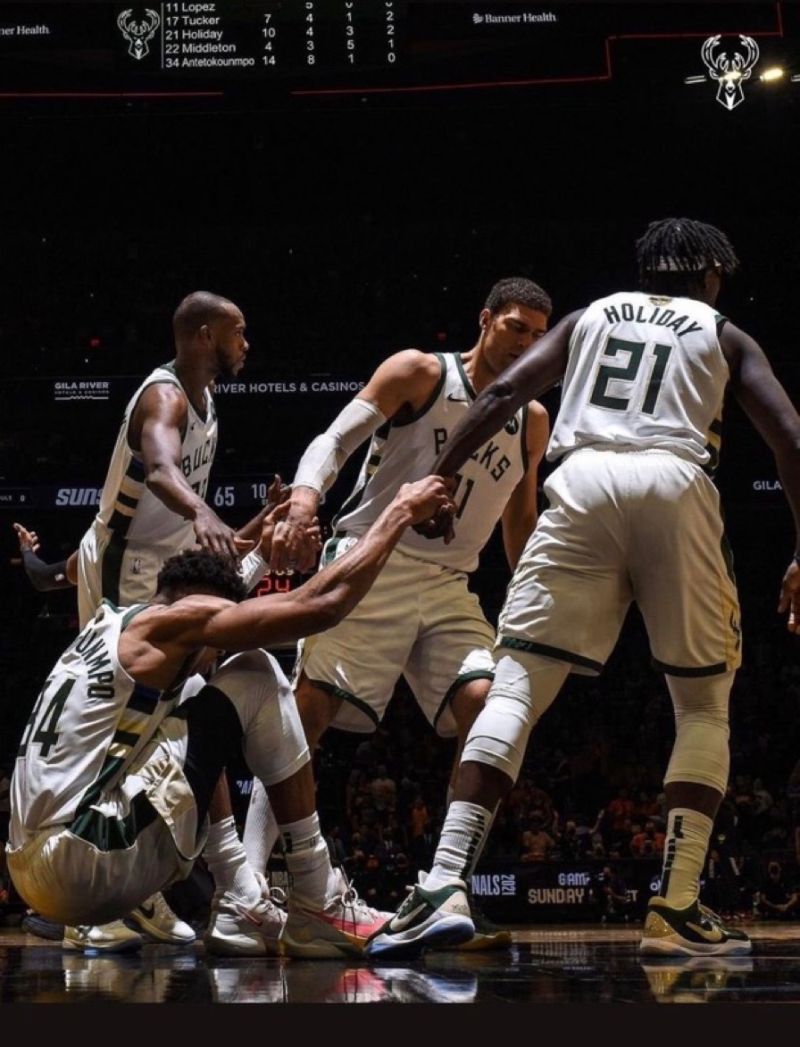
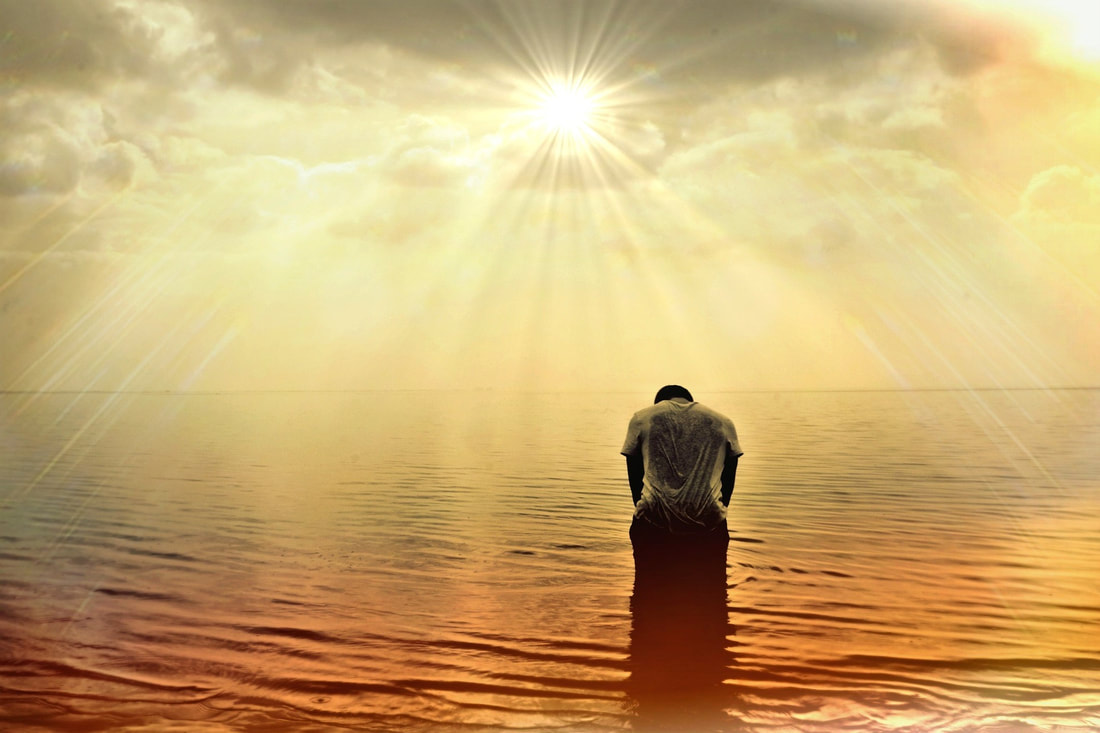
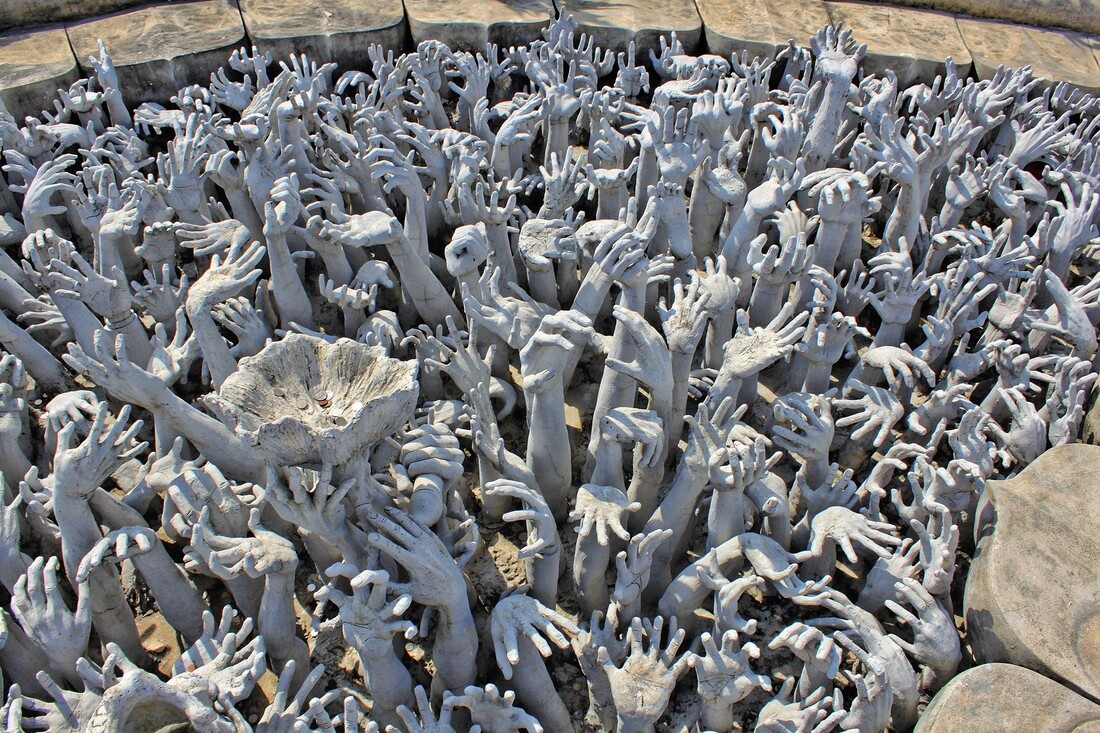
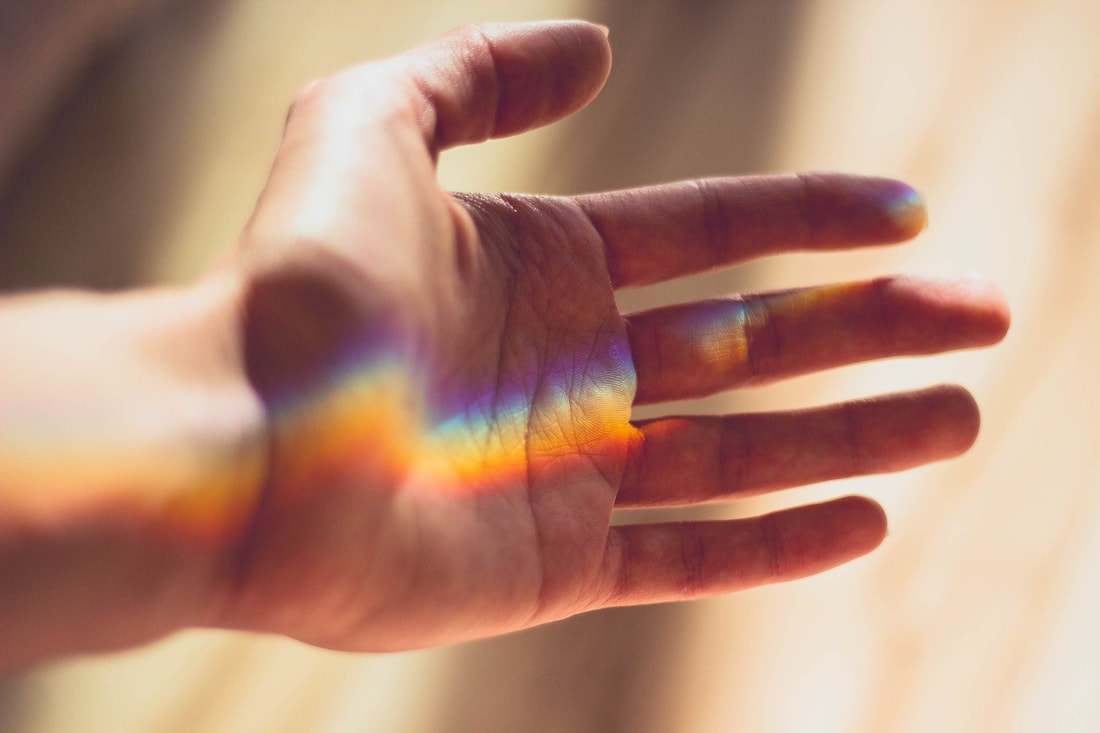
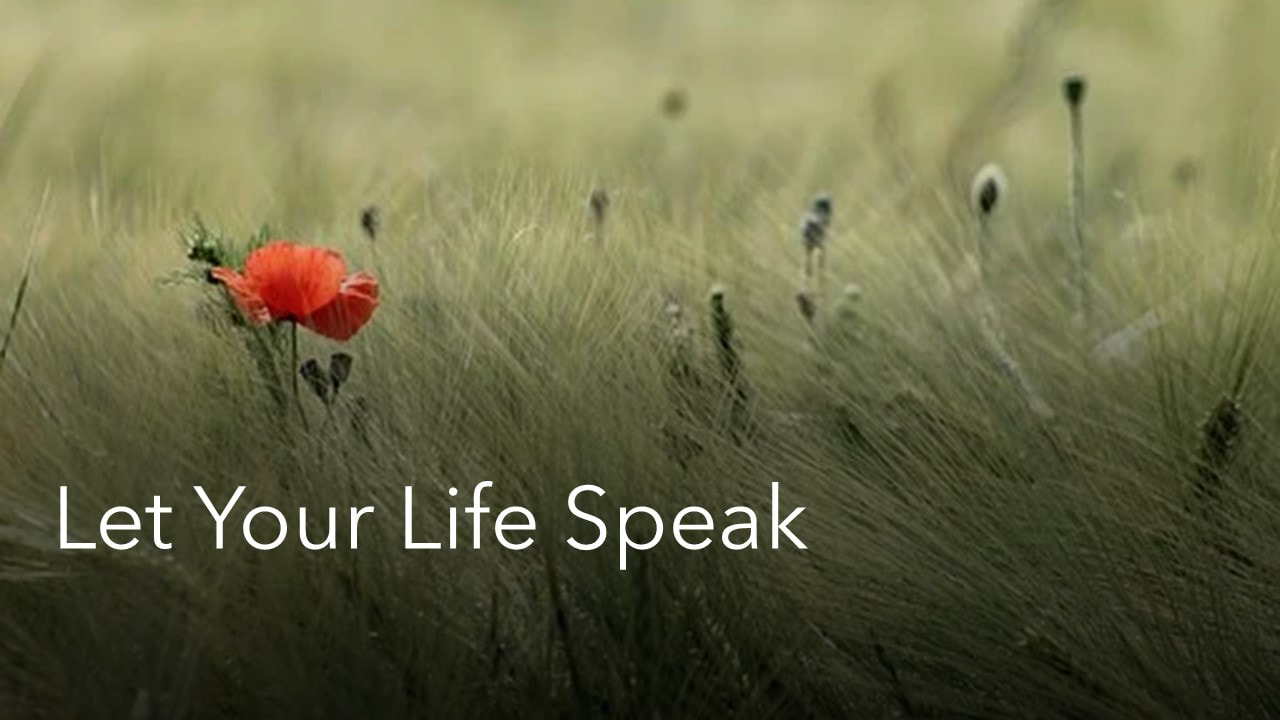
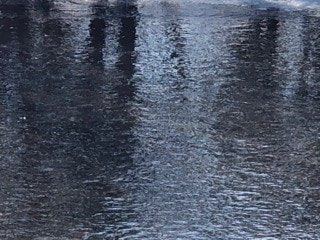
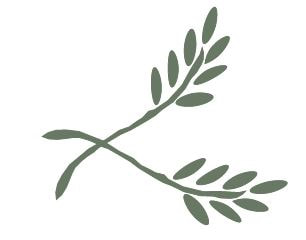
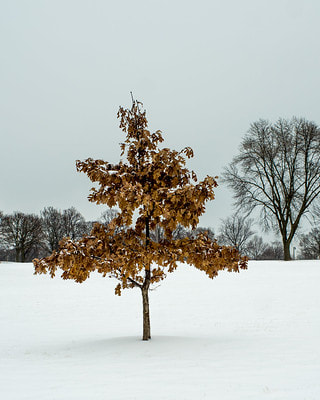
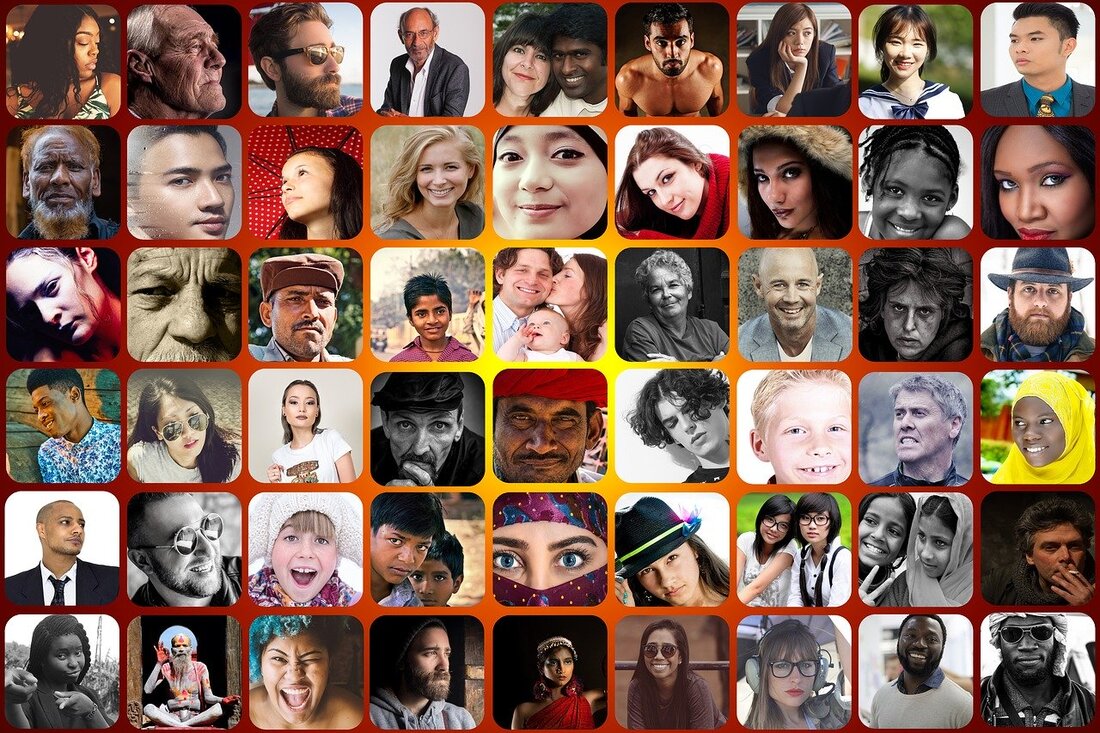
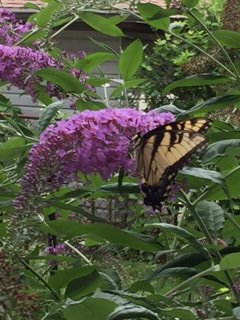
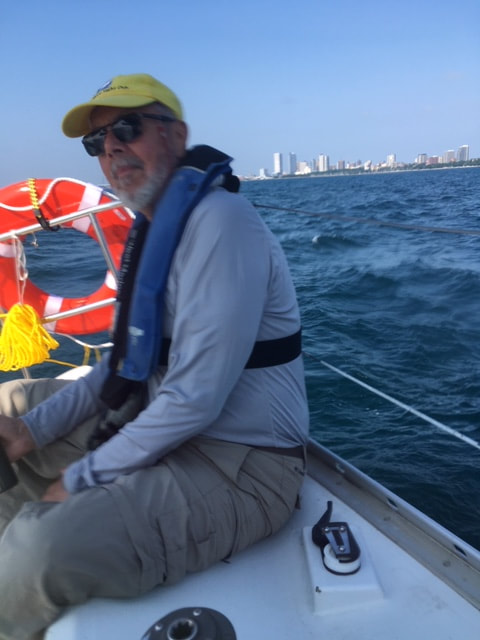
 RSS Feed
RSS Feed
